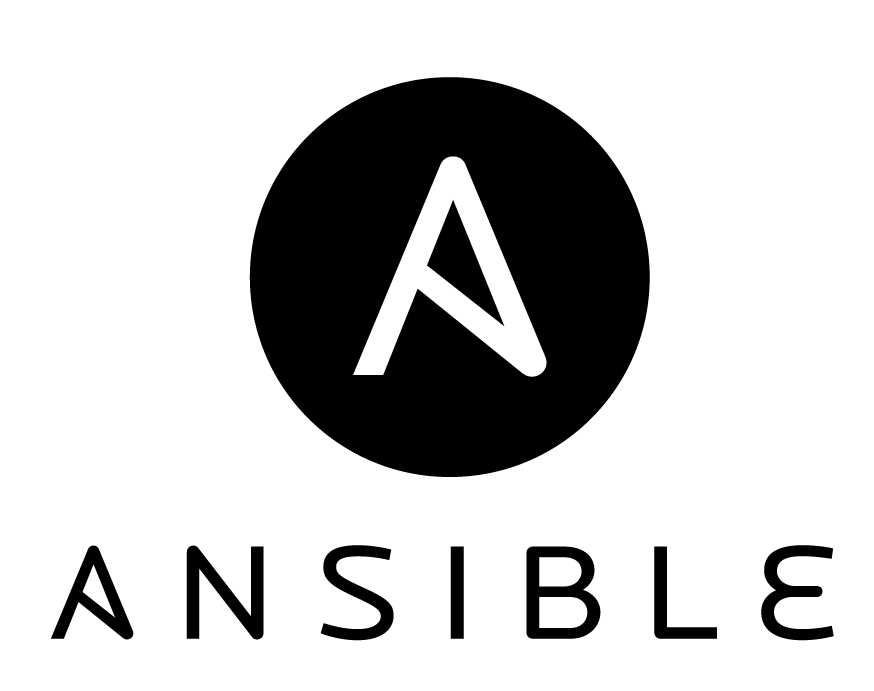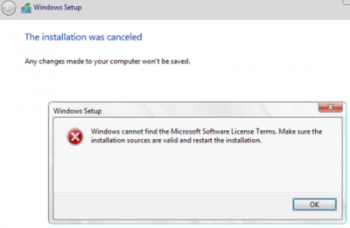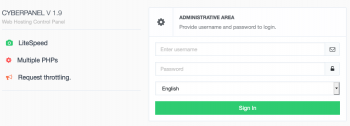Statistical modeling and analysis tools are required for getting insights into various matters about a business, health, education, etc. Performing statistical analysis and advanced calculations on a large number of data can be a tedious task. The statistical analysis tools help ease the matter by providing efficient automatic means through which unique stats and complex calculations to draw various insights from a significant amount of data can be generated in no time.
Here at Ibmi Media, as part of our Server Management Services, we regularly help our Customers to perform related Linux system analysis queries.
In this context, we shall look into the statistical and econometric analysis tools that are widely adopted by many statistics fields experts and numerous Linux-based organizations.
Different Open-Source Statistical Analysis Tools
The tools mentioned here are all free, open-source, and cross-platform compatible and are most optimal for Linux-based systems.
1. R Project
The R Project for Statistical Computing and analysis is a free, open-source, and cross-platform compatible statistical modeling solution by R Studio. R Studio was released in 2011 and comes under the Affero General Public version 3 License. The efficient and enhanced solution provides an environment and a platform for statistical graphics creations, computing, and analysis. R Project for Statistical Computing runs most efficiently with the R Studio paradigm. With R Project, users can perform a variety of statistical modeling tasks, perform data manipulation, intermediate tools for statistical programming, and data analysis, graphical display, flawlessly designed plots, which include mathematical symbols, conditional loops, and mathematical calculations. Being open-source and supporting a large community, more advanced features and functionalities can be added and are added by R Studio's active community now and then which enhances the scope and reliability of the platform.
Get it now from https://www.r-project.org/
2. Gretl
Gretl is a cross-platform, free and open-source econometric and statistical calculation and analysis software for Linux. The software comes under the GNU GPLv3 license. Gretl is written in C with function packages are written in HansL and the data in Gretl can be exchanged within other platforms supporting GNU Octave, GNU R, Python, and such other languages, along with various data files such as XML data files, CSV files, Excel, G-numeric files, and such other formats. Gretl is known for its simplicity, efficient user interface, and straightforwardness. Gretl also provides support for various estimates, such as single equation, least-squares maximum likelihood, etc. Users can access the software via the integrated enhanced user interface or via the command-line interface.
Get it now from http://gretl.sourceforge.net/#dl
3. GeoDa
GeoDa is a free, open-source, and cross-platform compatible software package that performs geo-visualization, spatial data analysis, spatial modeling, and autocorrelation. The powerful tool was designed by the experts at the Spatial Analysis Laboratory of the University of Illinois at Urbana-Champaign under the direction of Luc Anselin. Since 2016 the development work and feature enhancement are being carried out at the Center for Spatial Data Science (CSDS) at the University of Chicago. GeoDa comes under GNU GPL version 3 license and comes equipped with a list of capabilities and features such as spatial analysis, local and global spatial autocorrelation, multivariate exploratory data analysis, ability to perform basic linear regression, ability to estimate spatial error model and the spatial lag model, capability to transform and handle data in various file formats such as conversion from .csv to .dbf, etc.
Get it now from https://geodacenter.github.io/download.html
4. MacAnova
MacAnova is a free, open-source, and cross-platform compatible software developed and designed under the supervision of Gary W. Oehlert and Christopher Bingham from Schools of Statistics at the University of Minnesota. MacAnova is a Program for Statistical Analysis and Matrix Algebra that comes equipped with a list of features and capabilities such as analysis of variance and related models, time series analysis including but not limited to convolution and sums of lagged products, backward and forward autoregression, spectrum and cross-spectrum analysis, etc., uni- and multi-variate exploratory statistics including Hierarchical cluster analysis, K-means cluster analysis, etc., matrix algebra, Random numbers and probabilities, graphical features including scatter plots, line and impulse plots, box plots, histograms, interaction plots, etc., various transformations, data importing and exporting capabilities from and to the different datasheet, applications, and numerous other file formats, and the list goes on.
Get it now from http://www.stat.umn.edu/macanova/download.html
5. GNU PSPP
GNU PSPP is a program for the statistical analysis of sampled data. It is free as in freedom replacement for the proprietary program SPSS and appears very similar to it with a few exceptions. Some of these key exceptions are that there are no time limitations, a copy of PSPP will not expire, no charges will need to be paid to access additional packages, no limit for using variables or cases. PSPP is a free, open-source, and cross-platform compatible solution that efficiently works on Linux. The econometric software comes feature-packed with a list of capabilities such as a highly commendable and straightforward user interface, it provides support for billions of variables and cases, equipped with the capability of importing information from spreadsheets, text files, etc., highly reliable and extensible platform, and the list goes on.
Get it now from http://www.gnu.org/software/pspp/get.html
6. Rattle
Rattle is free and open-source software with a seamless, interactive, and straightforward user interface for data mining using R. The tool produces visual and statistical summaries of data and transforms it to become easy for modeling and performing statistical analysis. Rattle seamlessly handles and transforms, and extracts supervised and unsupervised machine learning models from the data, and presents the performance of models graphically. Some of the main features of the powerful tool include its ability to capture user interactions via advanced GUI as an R script, completely open-source code makes it easier to modify and adapt the platform according to one’s needs, functionalities and plugins can be enhanced without restrictions and limitations, etc. The users can acquire the source code from the Bitbucket git repository which can be cloned and enhanced accordingly.
Get it now from https://rattle.togaware.com/rattle-download.html
7. JASP
Jeffreys's Amazing Statistics Program (JASP) came into existence as a free and open source alternative to SPSS with powerful Bayesian analyses as its core feature. It has a user-friendly interface. Results are annotated with descriptive text to make analysis easy.
It features Frequentist analysis, Bayesian analysis, OSF Integration, Supports APA format, A/B Test (Beta), ANCOVA AUDIT (module), Exploratory Factor Analysis (EFA), Bain (Beta module), ANOVA, Mediation Analysis, Repeated Measures ANOVA, Reliability Analyses: α, λ6, and ω, Multinomial, Binomial Test, Confirmatory Factor Analysis (CFA), Contingency Tables (incl. Chi-Squared Test), Summary Stats, T-Tests: Independent, Paired, One-Sample Correlation: Pearson, Spearman, Kendall, Linear Regression, Structural Equation Modeling (SEM), Logistic Regression, Log-Linear Regression, MANOVA, and Principal Component Analysis (PCA).
Get it now from https://jasp-stats.org/download/
[Need assistance in installing any Open Source analysis tools on Linux Systems? We can help you. ]
Conclusion
This article covers the best free and open-source statistical modeling and analysis tools highly adapted by the statistics and data sciences field experts such as R Project, Gretl, GeoDa, MacAnova, PSPP, and Rattle and JASP. In fact, these tools produce highly formatted content and are able to perform analysis and statistics on millions and billions of data records. Also, Statistical software has features to combat the common statistical errors related to categorical data analysis. Marketers, businesses, researchers, and concerned entity can use these statistical analysis software for their statistical requirements.
This article covers the best free and open-source statistical modeling and analysis tools highly adapted by the statistics and data sciences field experts such as R Project, Gretl, GeoDa, MacAnova, PSPP, and Rattle and JASP. In fact, these tools produce highly formatted content and are able to perform analysis and statistics on millions and billions of data records. Also, Statistical software has features to combat the common statistical errors related to categorical data analysis. Marketers, businesses, researchers, and concerned entity can use these statistical analysis software for their statistical requirements.














